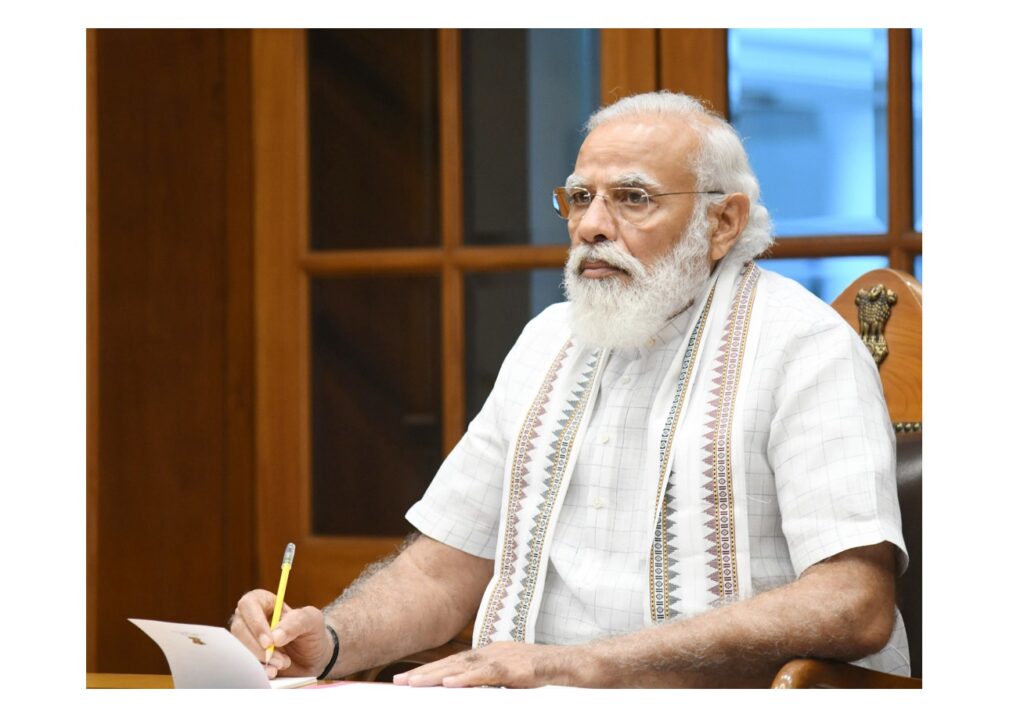In a paradigm shift to government recruitment, the Union Cabinet chaired by Prime Minister Narendra Modi on August 19 gave its approval to set up the National Recruitment Agency (NRA) that will conduct a Common Eligibility Test (CET) replacing the multiple examinations conducted by different agencies for recruitment to non-gazetted posts in central government and public sector banks.
The NRA will be registered as a society under Societies Registration Act which will be headed by a Chairman of the rank of the Secretary to the Government of India. The society will have representation from Ministry of Railways, Ministry of Finance/Department of Financial Services, the SSC, RRB & IBPS.
The CET will be conducted twice a year and in 12 major Indian languages. This is a major change as currently examinations for recruitment to central government jobs are conducted only once a year and are held only in English and Hindi.
There will be different CETs for graduate level, 12th pass level and 10th pass level to allow for entry into different grades. CET will be the entry level test (prelims) and the score will be valid for 3 years.
There will be no cap on number of attempts to be taken by a candidate to appear in the CET provided the candidate does not cross the upper age limit. Age relaxation for SC/ST and OBC will be the same as existing rules.
The recruitments through CET will begin with recruitments made through three agencies: Staff Selection Commission, Railway Recruitment Board and Institute of Banking Personnel Selection. The ambit of NRA will gradually be increased in phases.
The CET exams will be conducted in 1000 centres across the country to remove the currently prevalent urban bias. There will be an examination centre in every district of the country. Special attention will be given to creating examination infrastructure in 117 aspirational districts.
For candidates, this will reduce the number of exams they need to take for getting a central government job and also the financial burden imposed due to multiple exams. It will pave way for better planning of the calendar with no worry of clashing of exams. Now, they just have to appear for one examination with a single examination fee. It will also reduce the travel and lodging cost with every district having an examination centre.
For institutions, it reduces the recruitment cycle and the hassle of conducting preliminary test. This is set to bring about standardization of exams. Also, ₹600 crores is expected to be saved.

